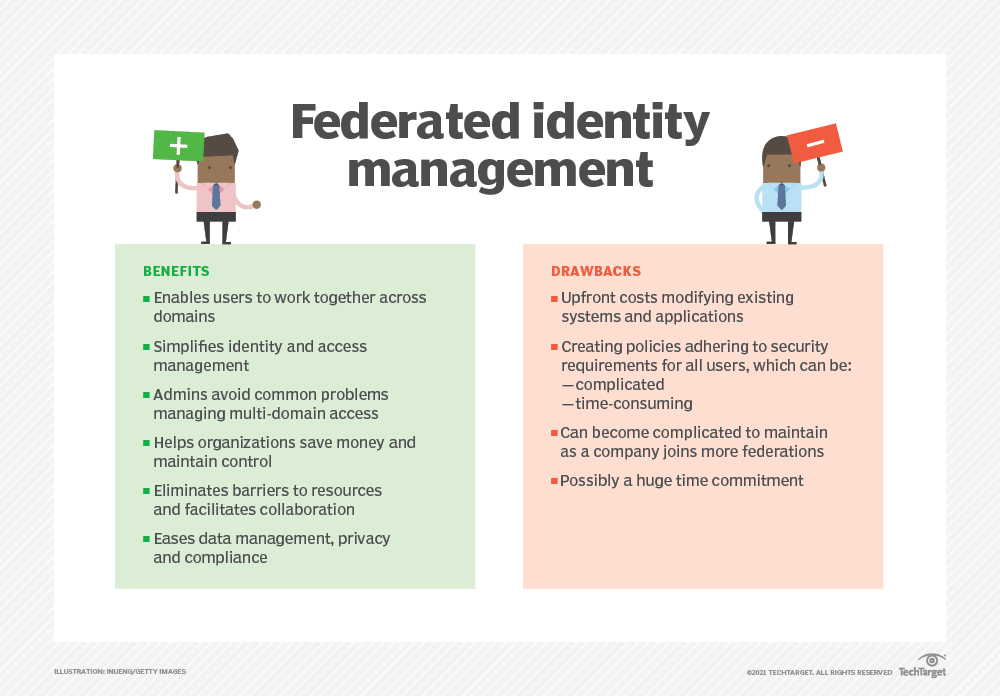|
Announcements

How Climate Change and Supply Chain Issues May Derail AI AdoptionThis week, the Chinese government made the announcement that several key manufacturing hubs critical to chip production will be shut down periodically in order to reduce the high demand for power (driven mostly by goal production), with companies including Apple, Nvidia, and Intel all making announcements that this would have a direct impact upon their own supply chain availability. This announcement came at a particularly bad time for the beleaguered computer chip industry. A fire at a major chip fabrication plant in Japan earlier this year has already impacted automobile production in the United States and elsewhere, as many of the chips produced there were specifically for the increasingly complex machine learning components going into contemporary vehicles. Additionally, the emergence of the Delta variant of the Covid-19 virus is ramping up as much of the Northern Hemisphere moves into the Fall and Winter months, which had both forced many companies that were just beginning to emerge from the earlier strains of the virus to once again put plans on hold, quite probably into late Spring. This is also putting strain on chip production, especially specialized GPUs that are at the core of the AI revolution. This has pushed the cost of electronics and related goods up significantly as inflation, which has been fairly dormant for the last twenty years, is now beginning to heat up. From an enterprise standpoint, this is generally bad news, though in the longer term one effect of this is likely to be that more countries will start to invest once again into their own chip production facilities (as Japan, South Korea, and the United States have all recently announced they are ramping up to do). However, in the interim this deficit is likely to hit companies that have been buying these specialized high-performance chips for building out machine learning and AI-based pipelines, as well as those involved in media production. It’s also possible, though by no means certain, that this could have the effect of reducing the hiring of data scientists and machine learning specialists, at least in the short term, until new capability comes online. Whether this spills out into the broader economy remains to be seen, but the increasing stress on global supply chains, coupled with the increased environmental and energy costs of advanced computing, makes this worth keeping an eye on. In media res, Kurt Cagle To subscribe to the DSC Newsletter, go to Data Science Central and become a member today. It’s free! Data Science Central Editorial CalendarDSC is looking for editorial content specifically in these areas for September, with these topics having higher priority than other incoming articles.
DSC Featured ArticlesPicture of the Week
To make sure you keep getting these emails, please add [email protected] to your browser’s address book.
Join Data Science Central | Comprehensive Repository of Data Science and ML Resources
Videos | Search DSC | Post a Blog | Ask a Question Follow us on Twitter: @DataScienceCtrl | @AnalyticBridge This email, and all related content, is published by Data Science Central, a division of TechTarget, Inc.
275 Grove Street, Newton, Massachusetts, 02466 US You are receiving this email because you are a member of TechTarget. When you access content from this email, your information may be shared with the sponsors or future sponsors of that content and with our Partners, see up-to-date Partners List below, as described in our Privacy Policy . For additional assistance, please contact: [email protected] copyright 2021 TechTarget, Inc. all rights reserved. Designated trademarks, brands, logos and service marks are the property of their respective owners. |



